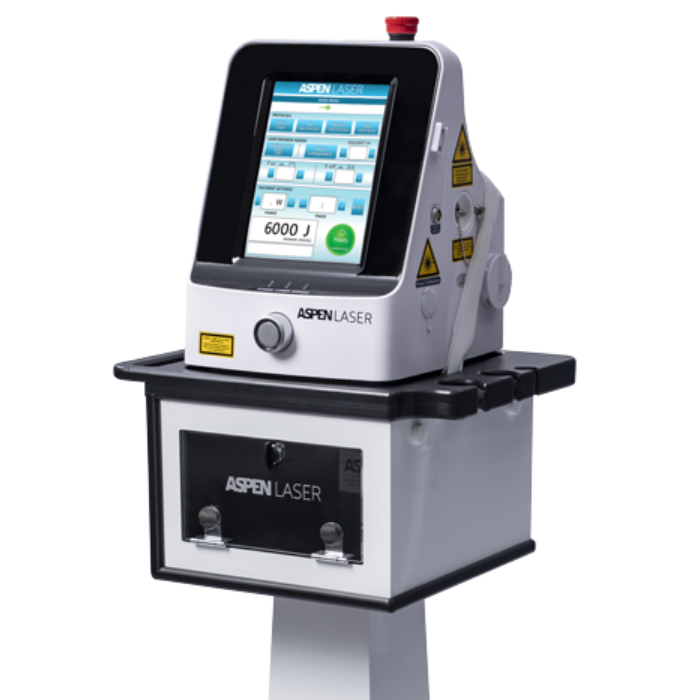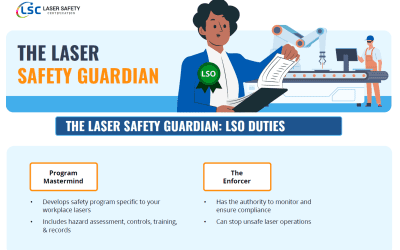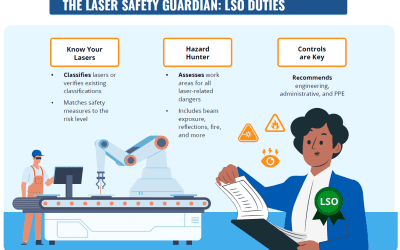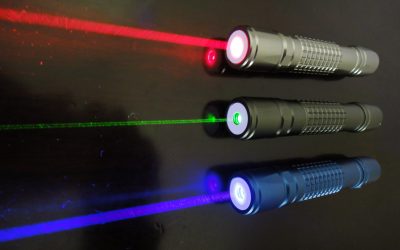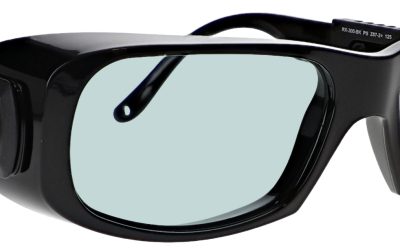Registering Your Cosmetic Laser Device
Cosmetic and aesthetician practices must use FDA approved laser devices. This ensures providers and patients are using lasers proven to be safe. FDA approval can be lengthy, but it ensures peace of mind.
State Regulatory Bodies
States regulate who is authorized to use lasers, but these laws and regulations are inconsistent from state to state. For instance, laser hair removal is the least regulated of aesthetic laser procedures. Only licensed practitioners can purchase aesthetic laser equipment, and in many states, only a licensed physician can operate the device. In others, however, a licensed practitioner is required to purchase the laser but use of it is not limited to only that person. The physician can be involved in the treatment in a variety of ways:
- The patient has been examined by the physician, nurse practitioner or physician’s assistant,
- The physician is immediately available by phone or via email to answer questions, and
- The practitioner performing the aesthetic procedure is trained, experienced and qualified. At a minimum, however, a registered nurse should be onsite to oversee the procedure.
Individual states determine who is legally qualified to perform an aesthetic procedure and, in many cases, how and when a laser device must be registered with the state. Arizona was the first state to pass legislation regulating hair removal. They led the way in how other states regulate laser use in the cosmetic industry. Of these, 35 have implemented laws to classify hair removal as a practice of medicine, but only 26 of those states require on-site medical supervision. New York is the most liberal when it comes to hair removal, and other states like Georgia and Texas are more lenient in determining who is allowed to perform cosmetic procedures. In New Jersey, only aesthetic lasers can be operated by medical professionals only.
Device Registration
In 2022, the Modernization of Cosmetics Regulation Act (MoCRA) was passed giving the FDA authority to regulate cosmetic lasers, with very limited exceptions.[1] Ultimately, this may lead to new requirements for laser device registration throughout the United States. At this time, however, each practitioner must consult its state regulatory body to determine the registration procedure.
Laser Safety Officer (LSO) Responsibilities
States that do mandate registration typically also require that facilities provide evidence of an onsite Laser Safety Officer. Also, depending on how you are regulated, that LSO will be the physician or other licensed medical practitioner. In other cases, the person designated to train others to use your laser would be the LSO. We created our Cosmetic Laser Safety Officer certification with this in mind. We are your trusted provider of not only cosmetic laser safety officer certification courses but also cosmetic laser operator/technician courses. Each person at your facility using a laser needs to be certified in laser safety. Upon completion of the course and passage of the final exam, a certificate is emailed to each student for display at your facility. You can also send this certificate in with your laser registration package as required by your state. These certificates offer the peace of mind you need to get and retain customers.
Please see more information on our website for both the Operator/Technician and Laser Safety Officer course offerings for the Cosmetic industry. Or you can give us a call at 602-526-5241 or contact us by email at info@lasersafetycertification.com.
[1] FDA (MoCRA): https://www.fda.gov/cosmetics/cosmetics-laws-regulations/modernization-cosmetics-regulation-act-2022-mocra
